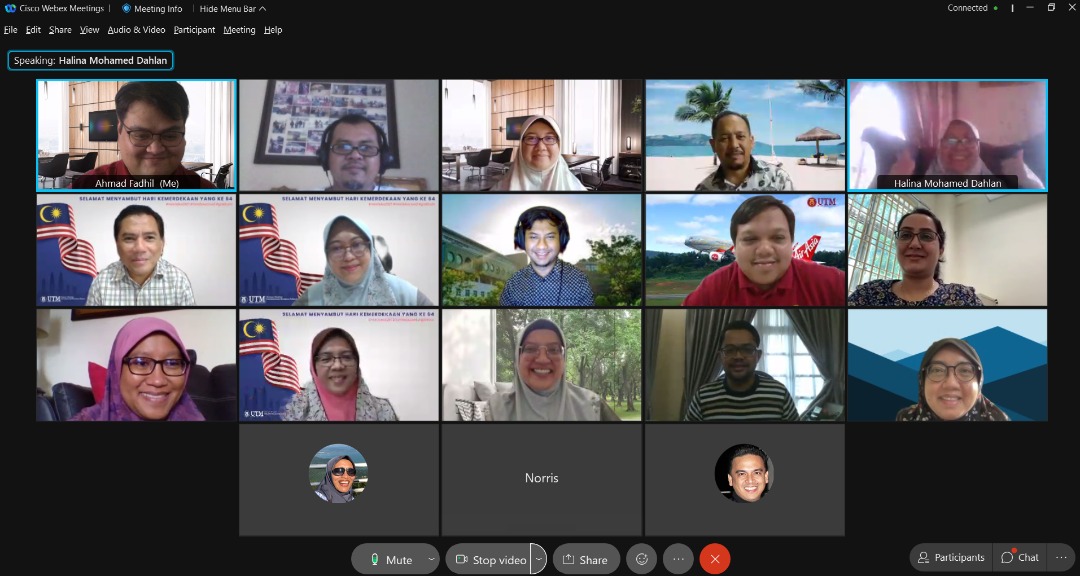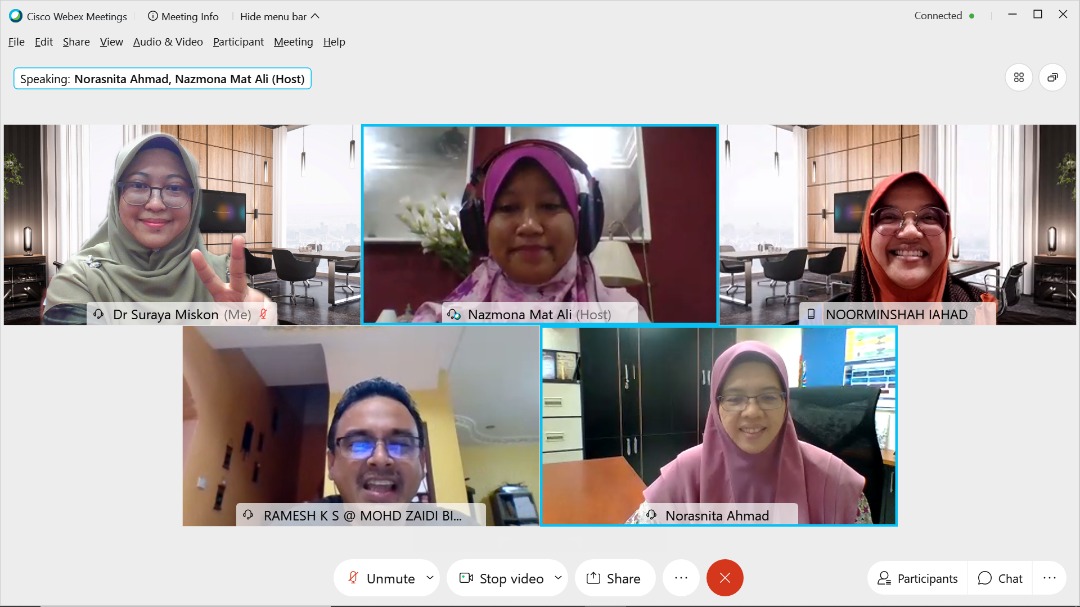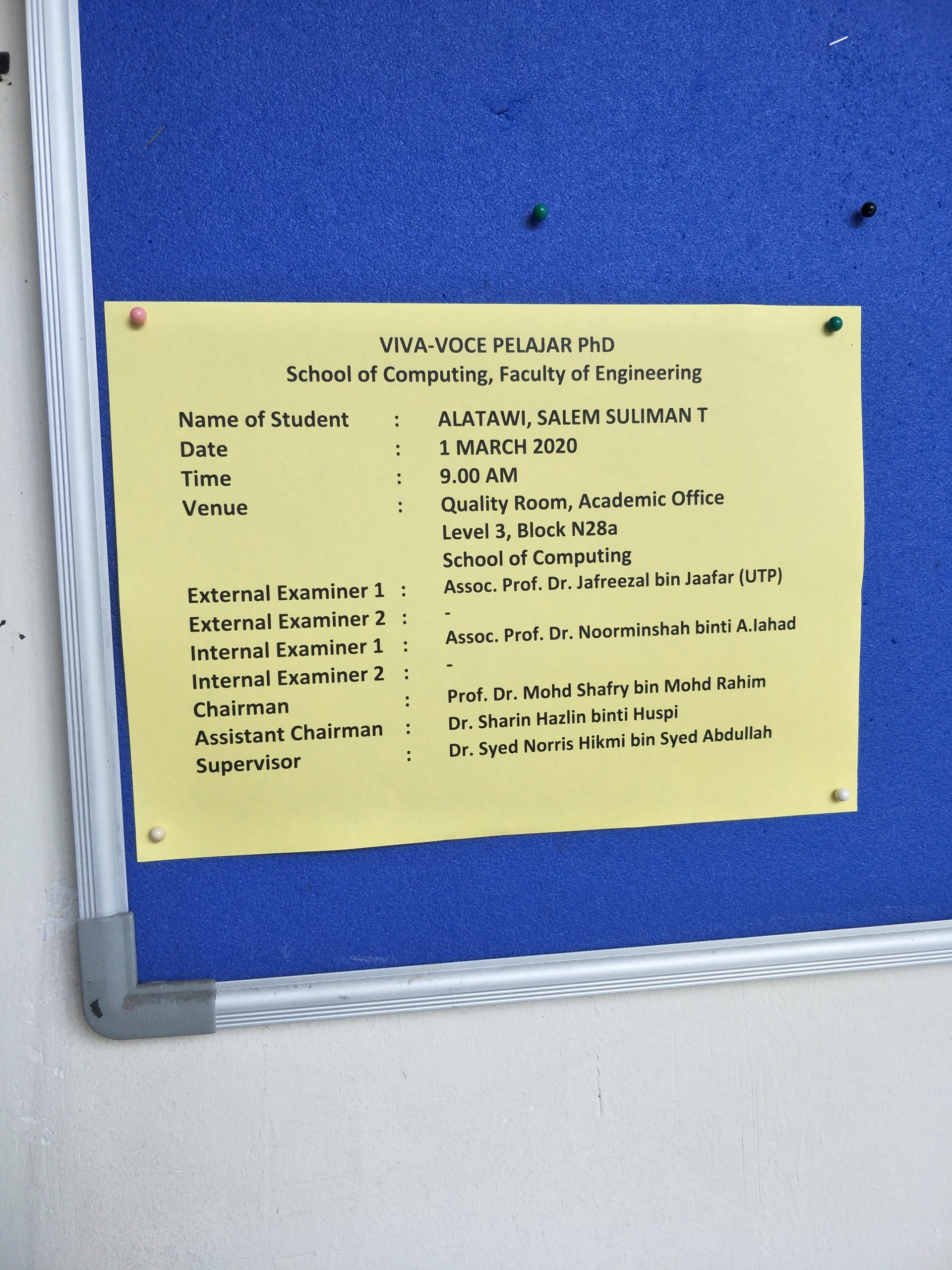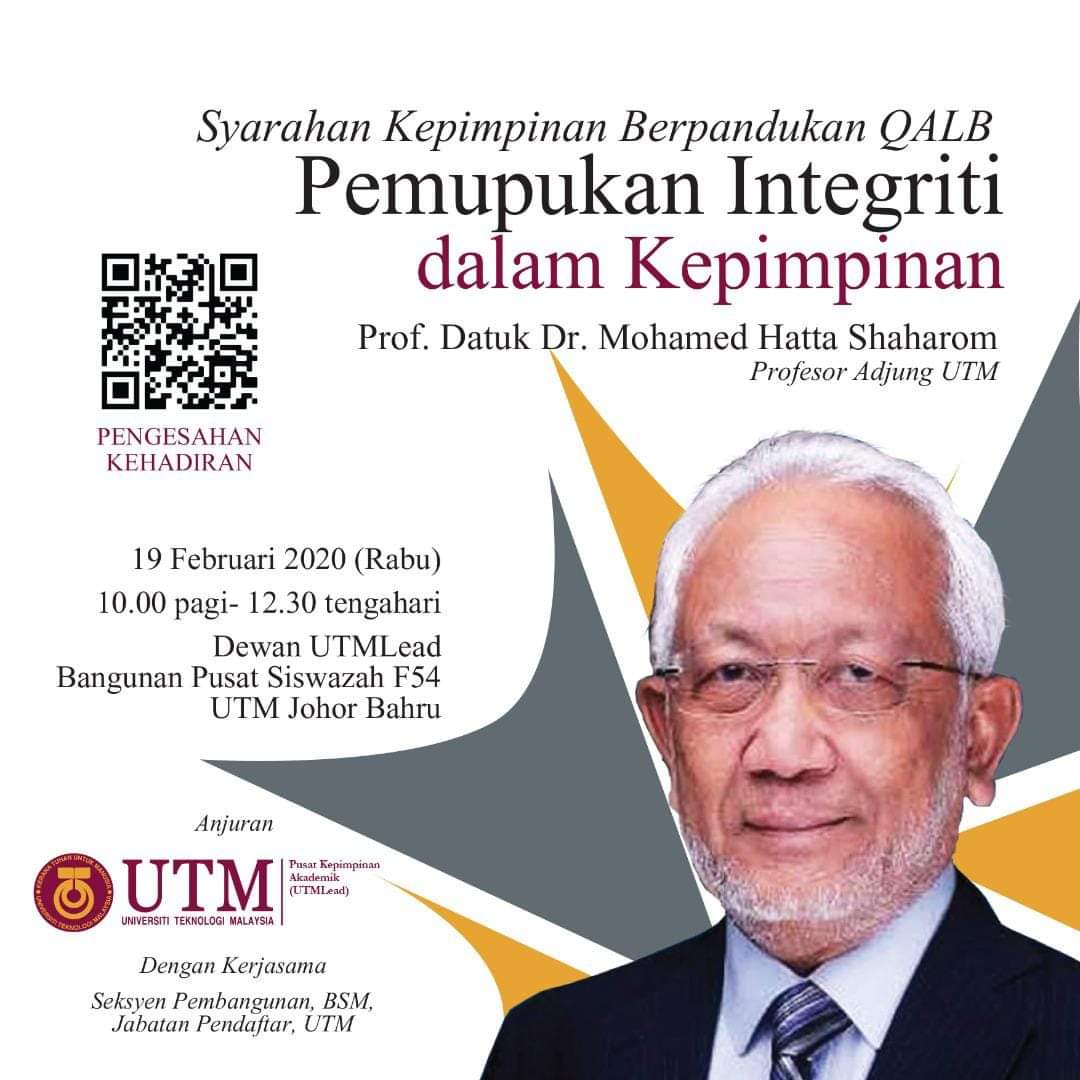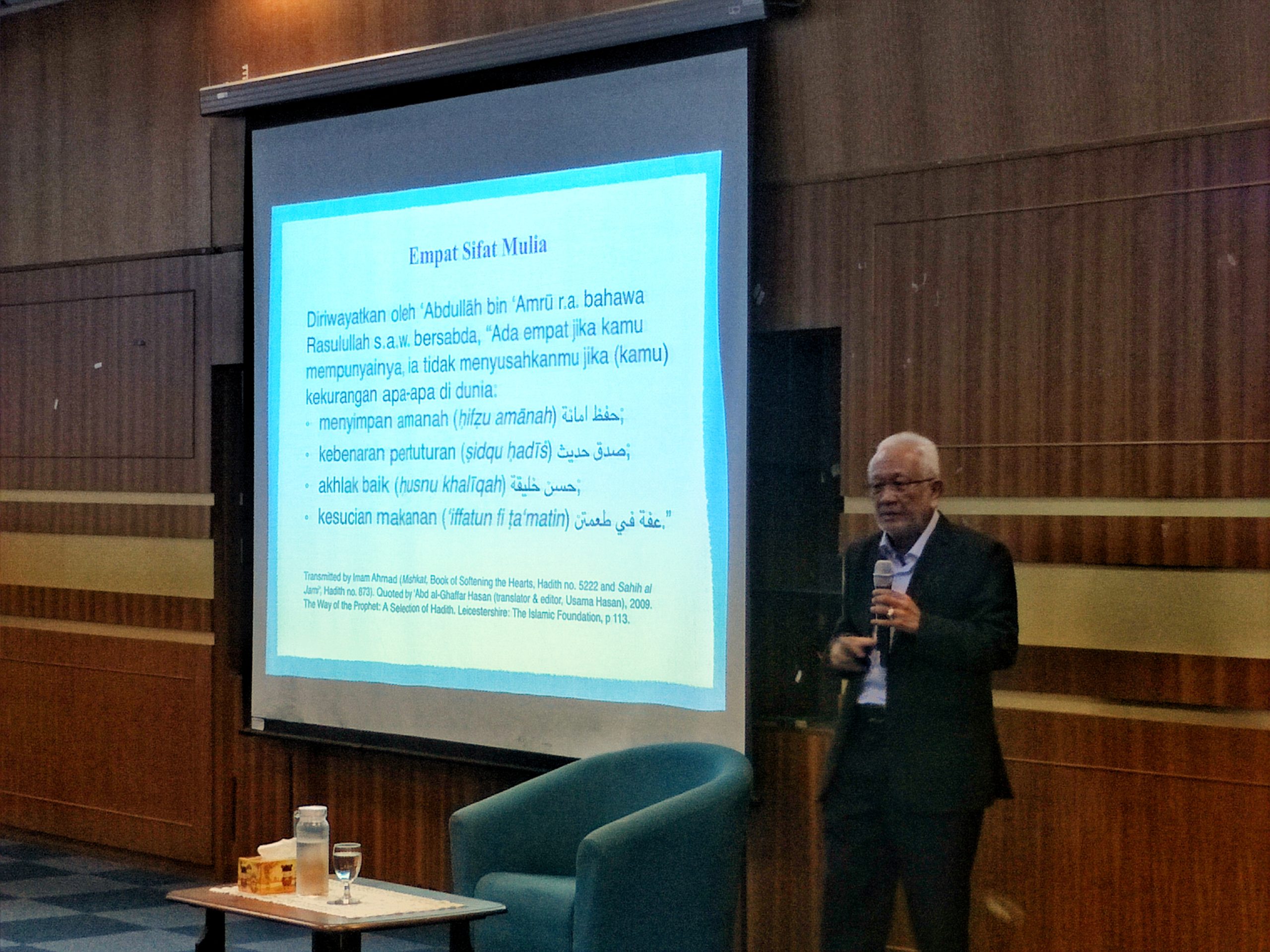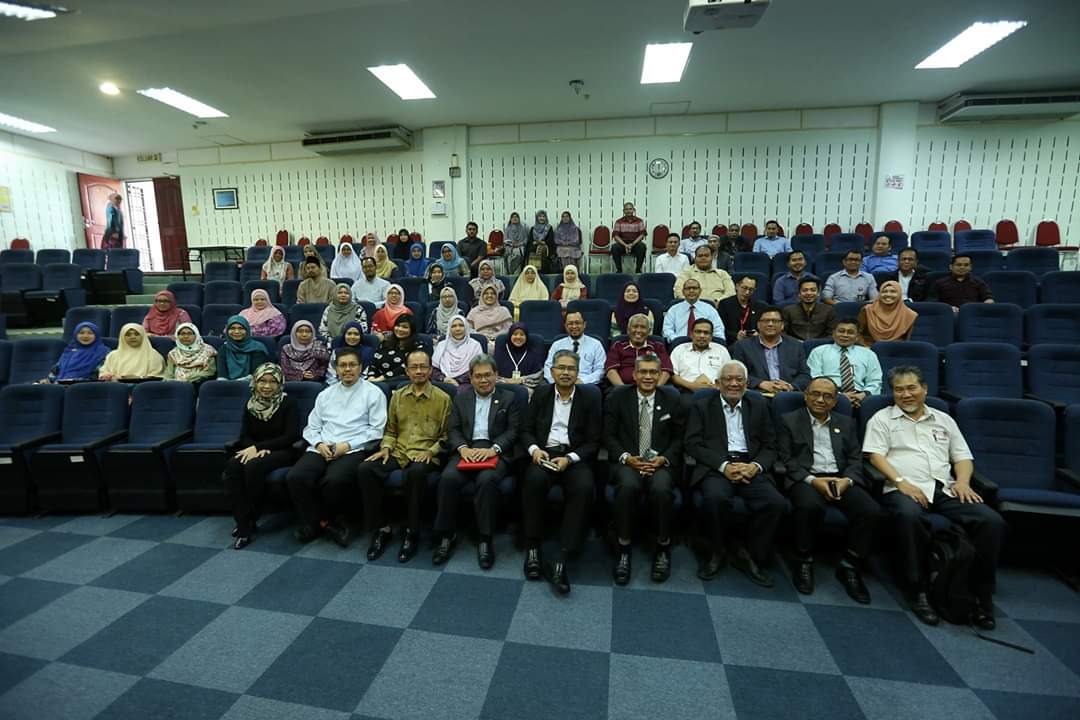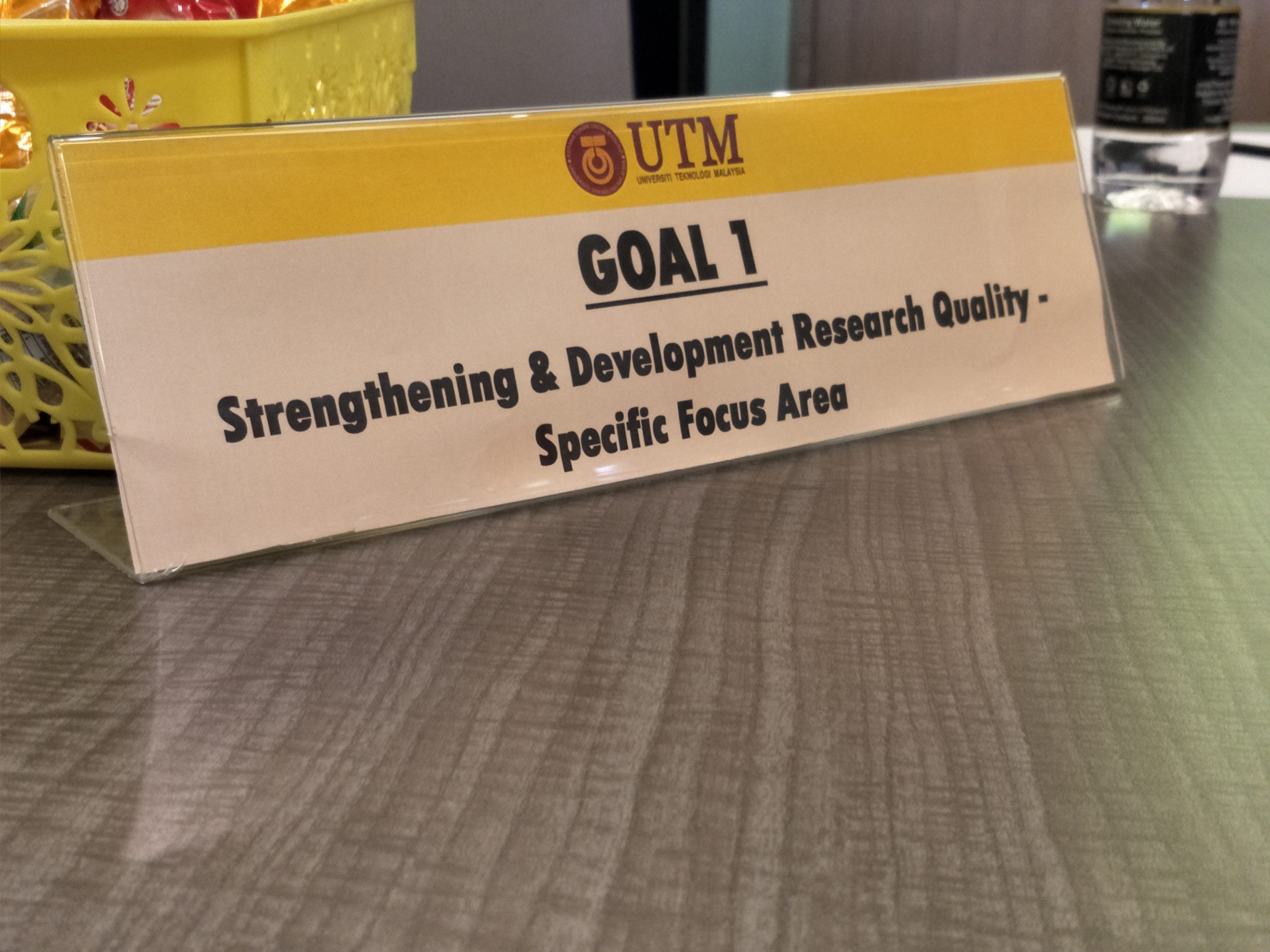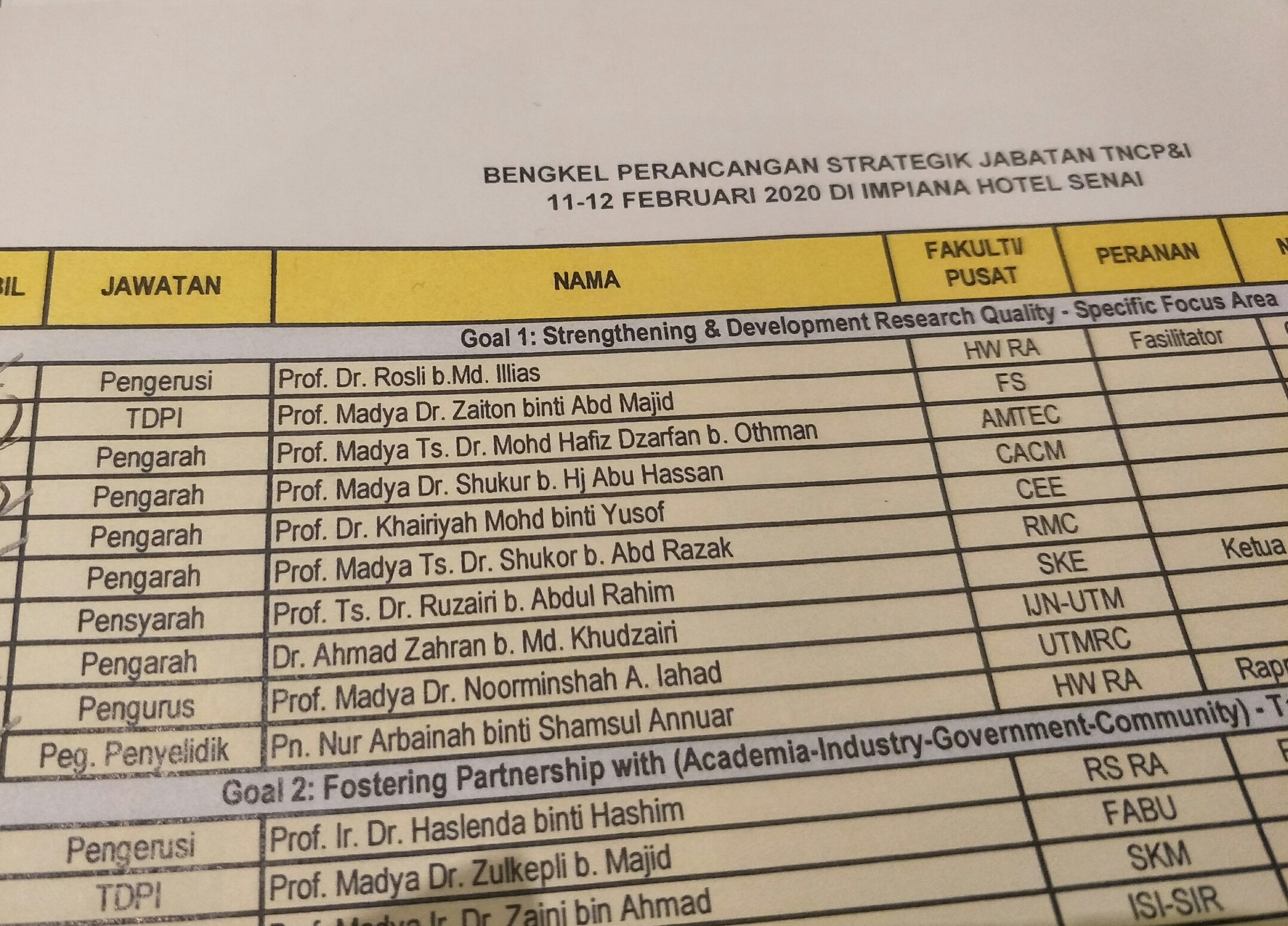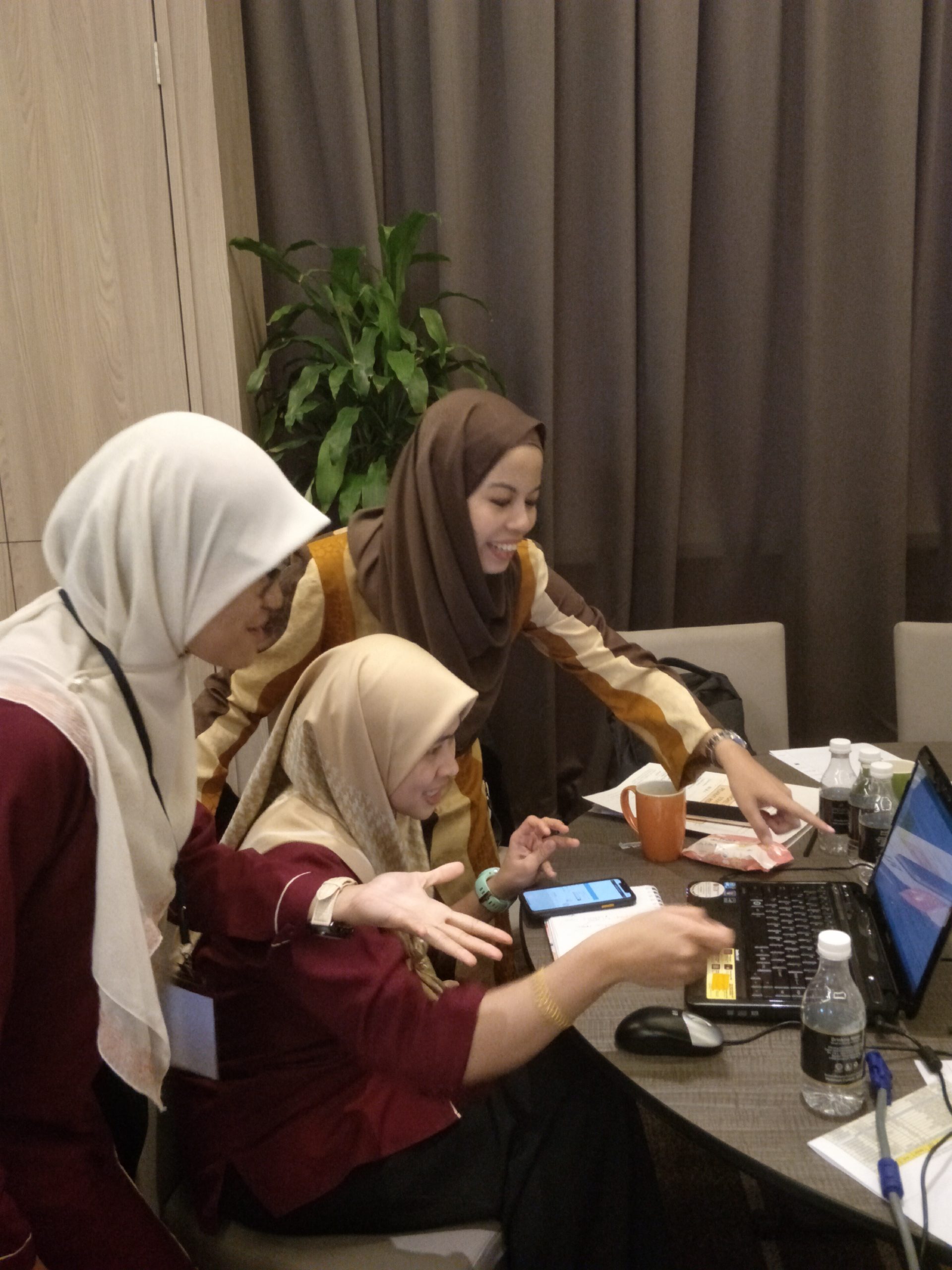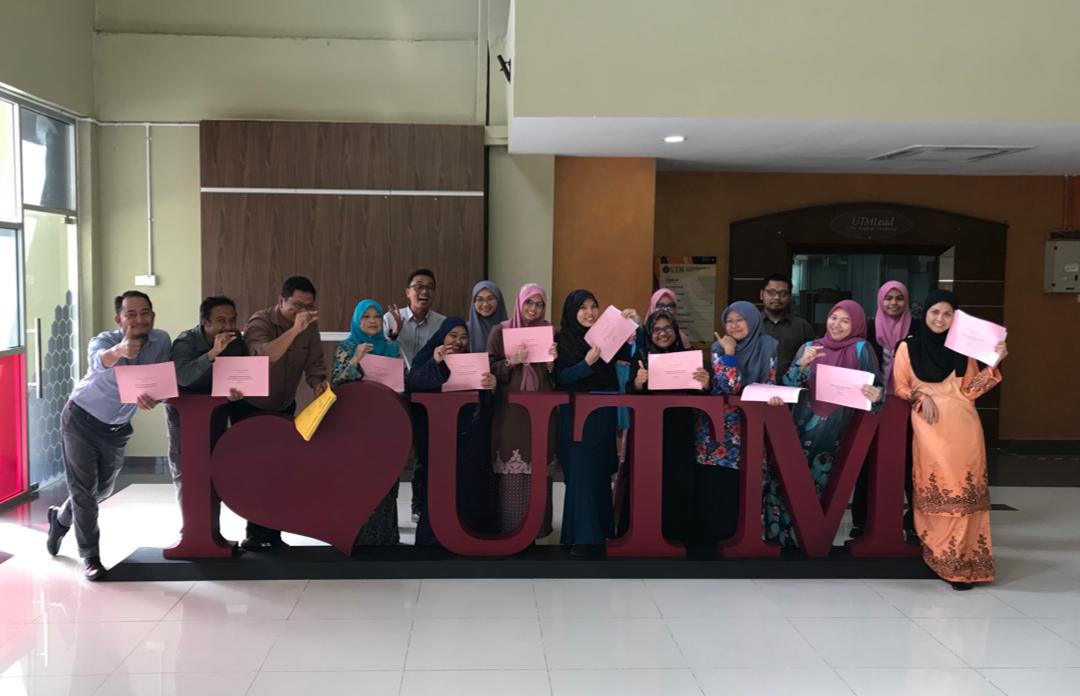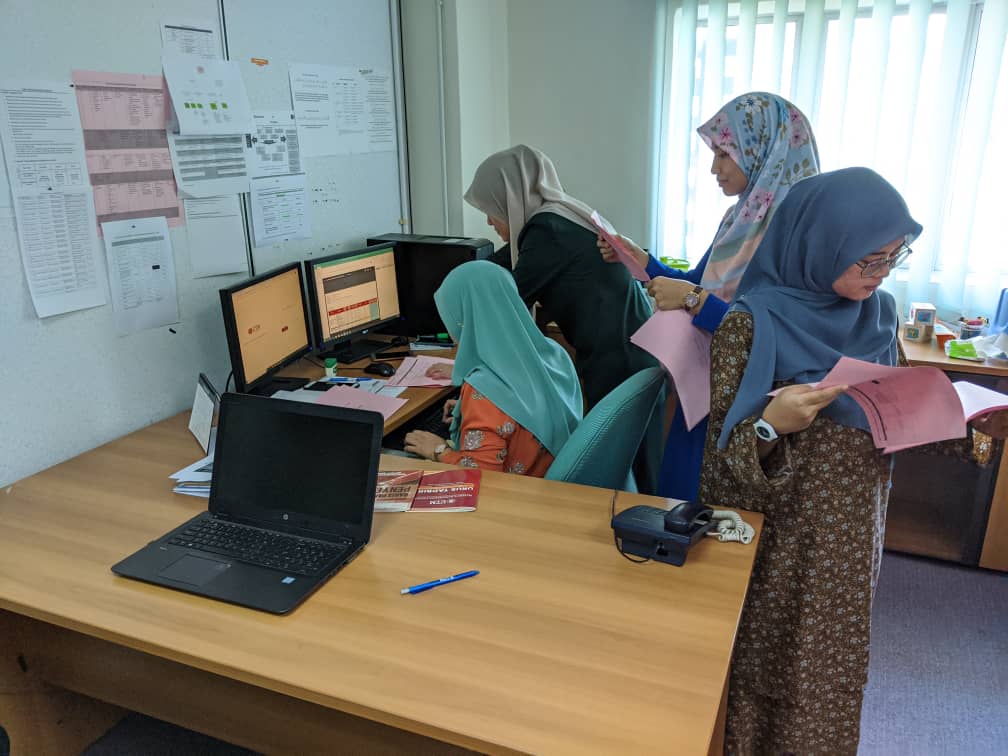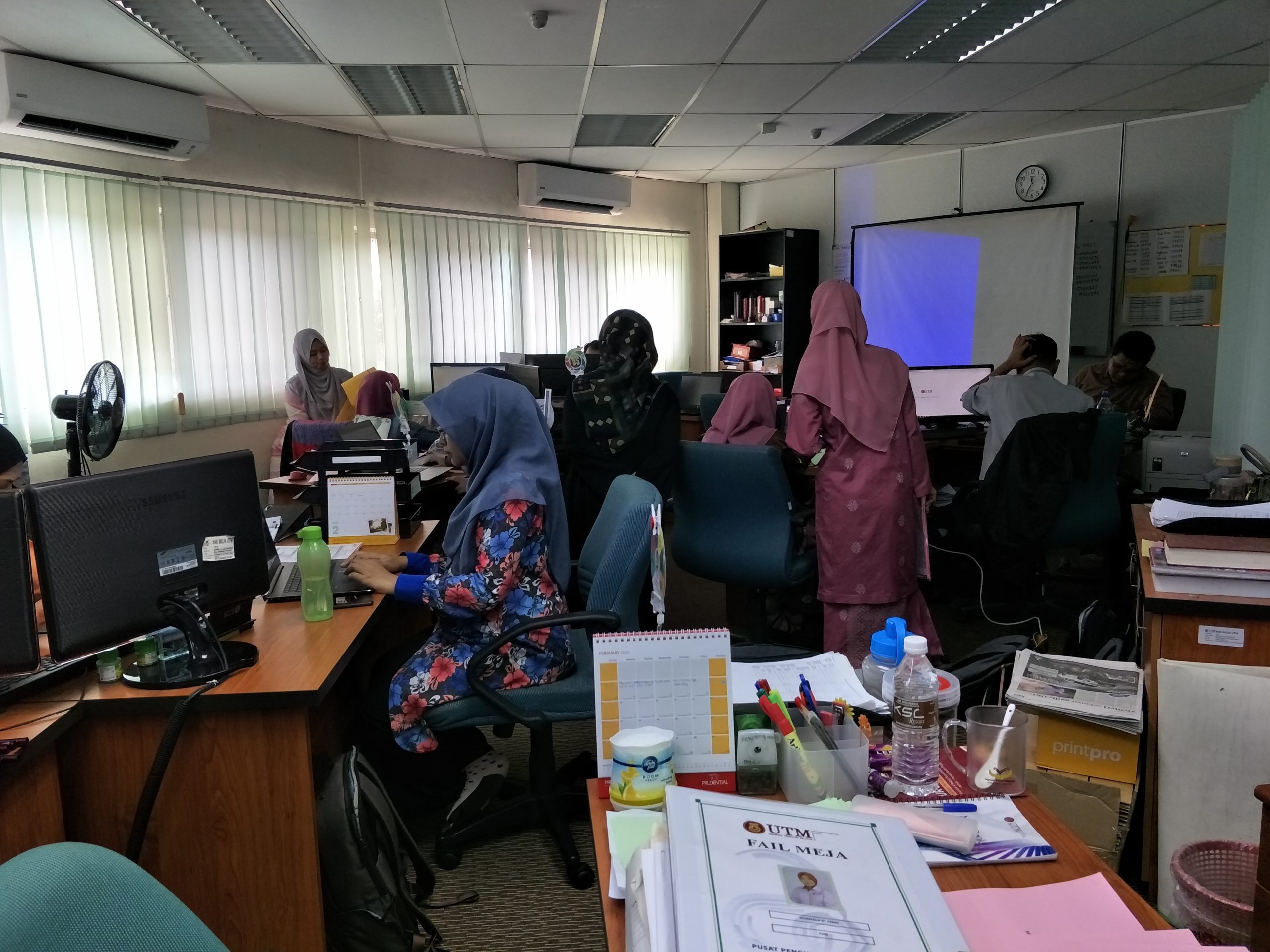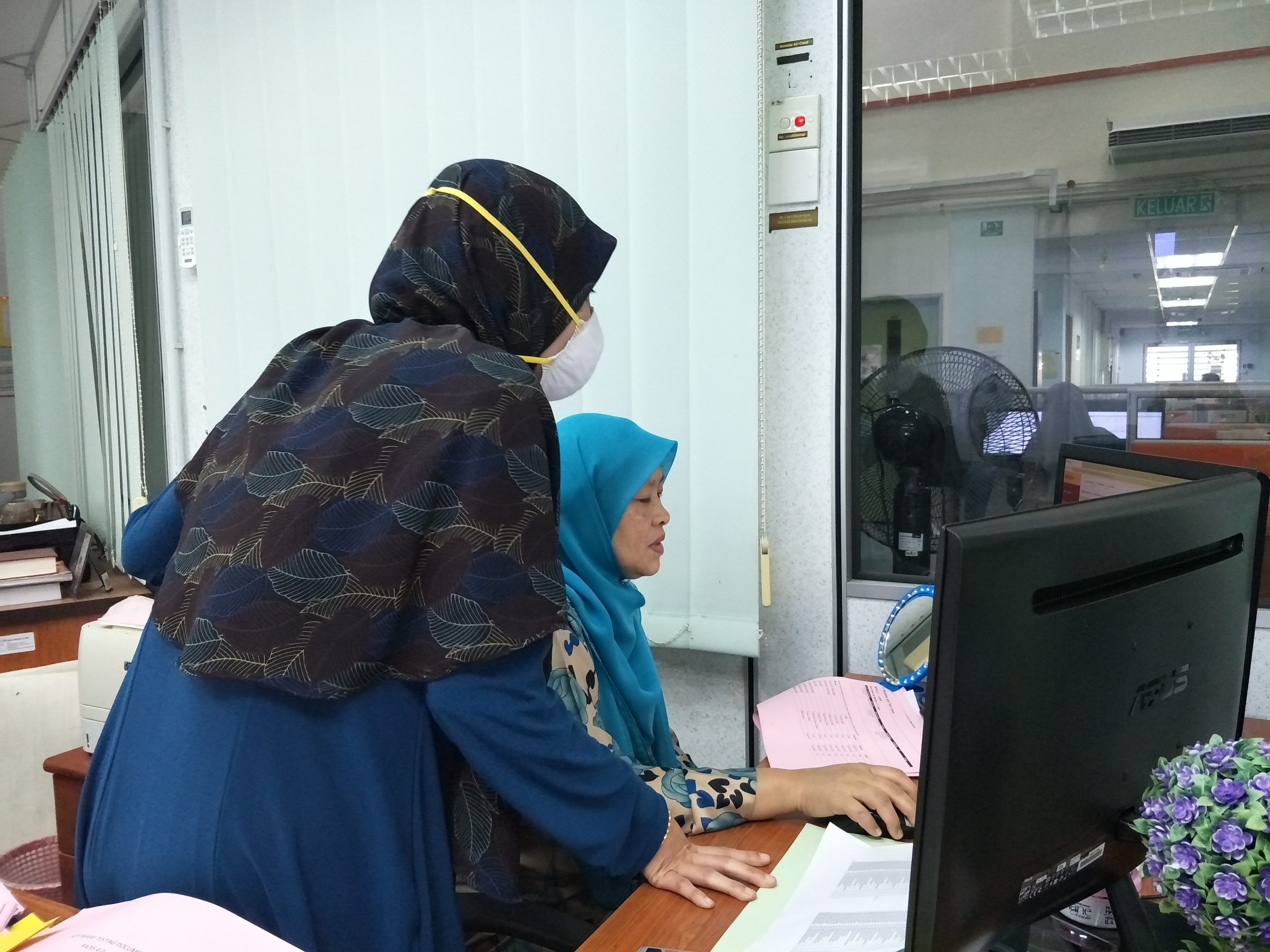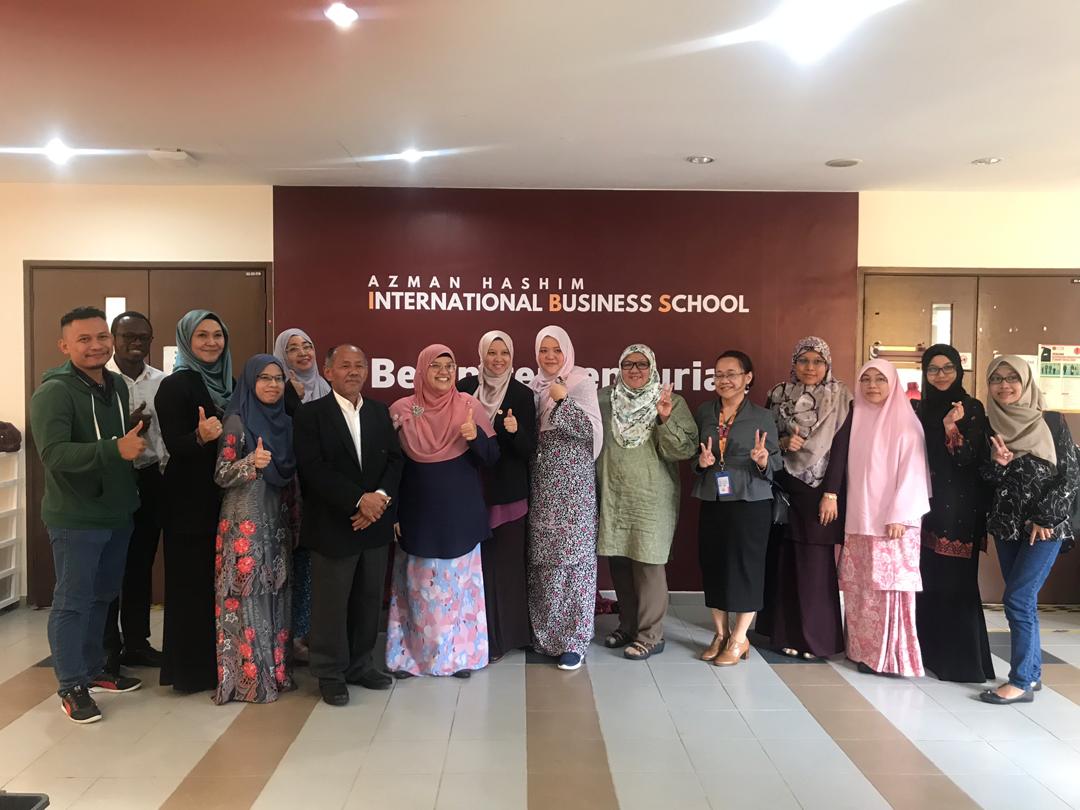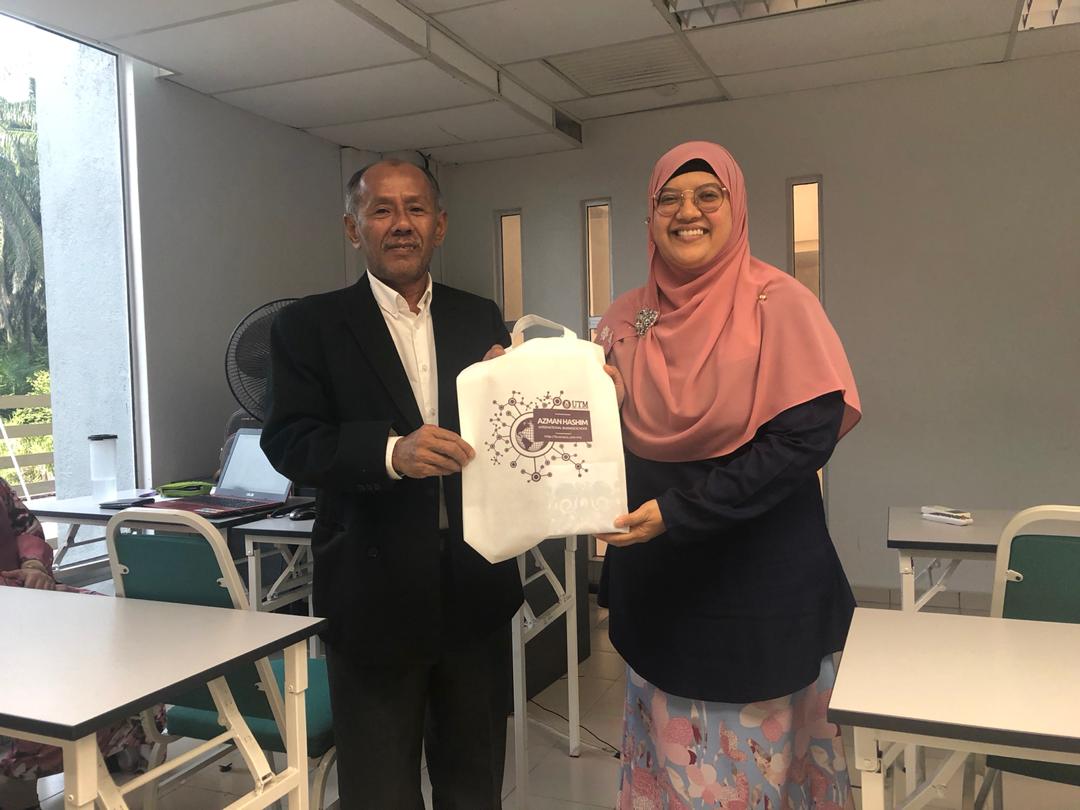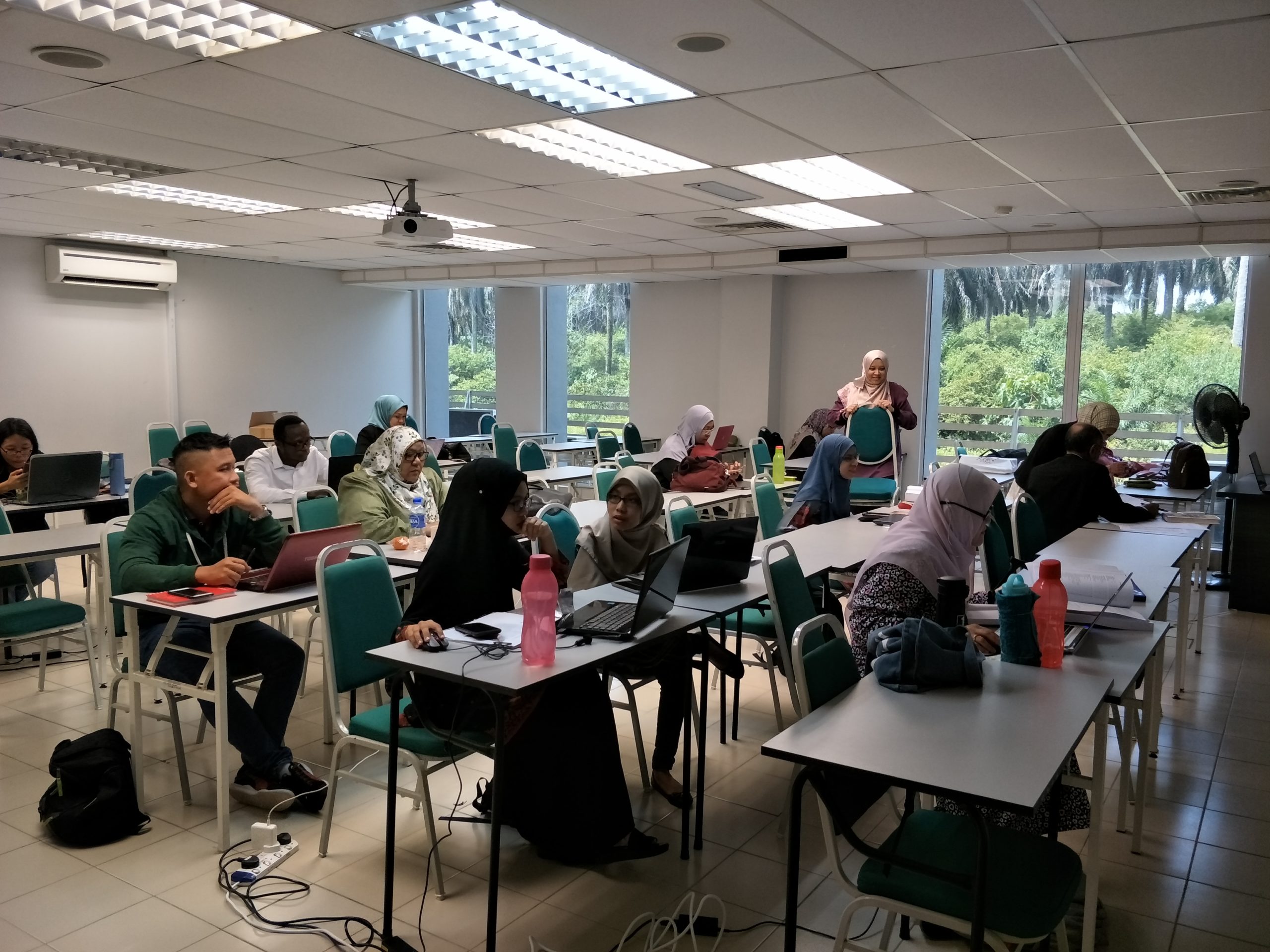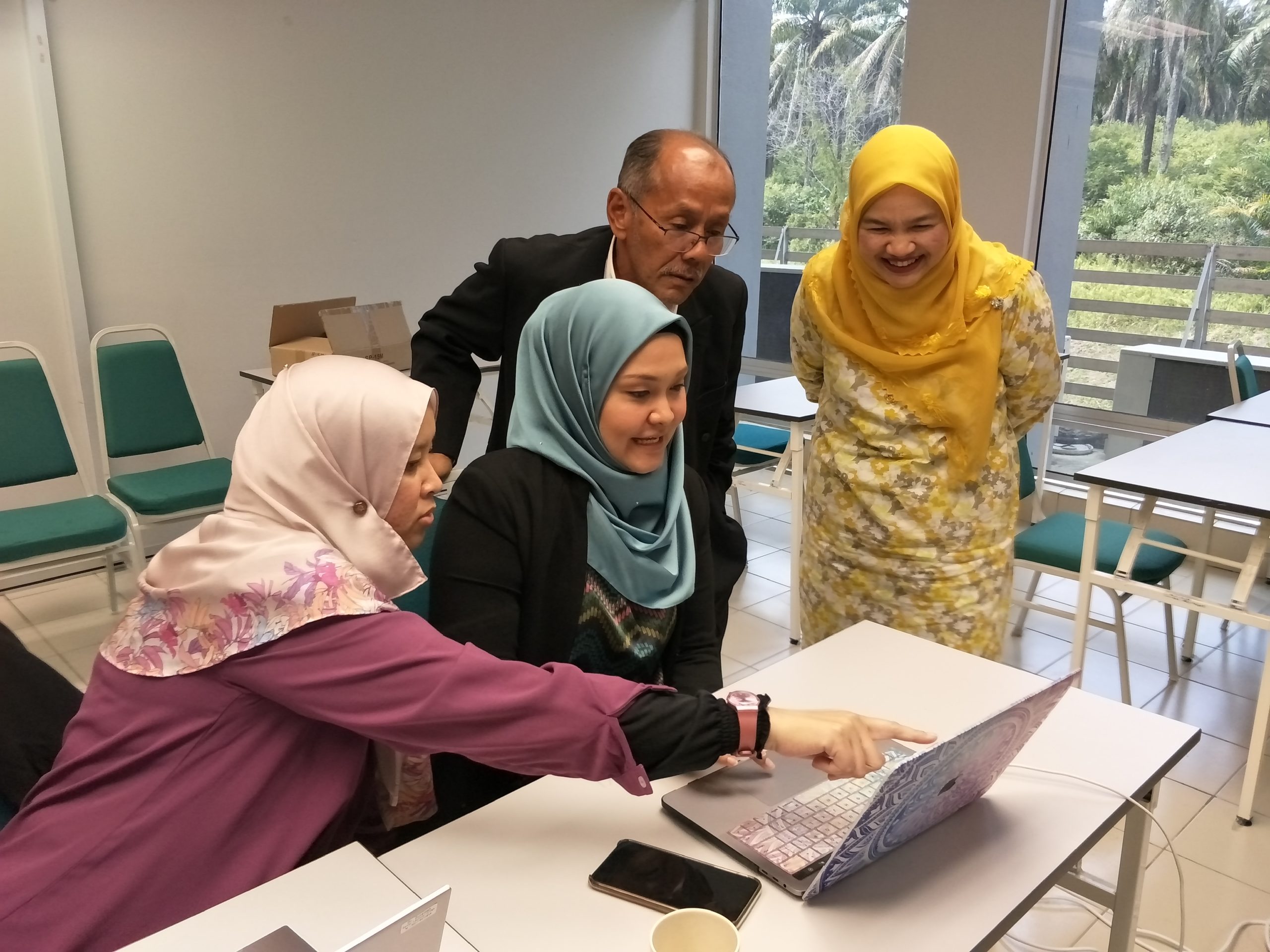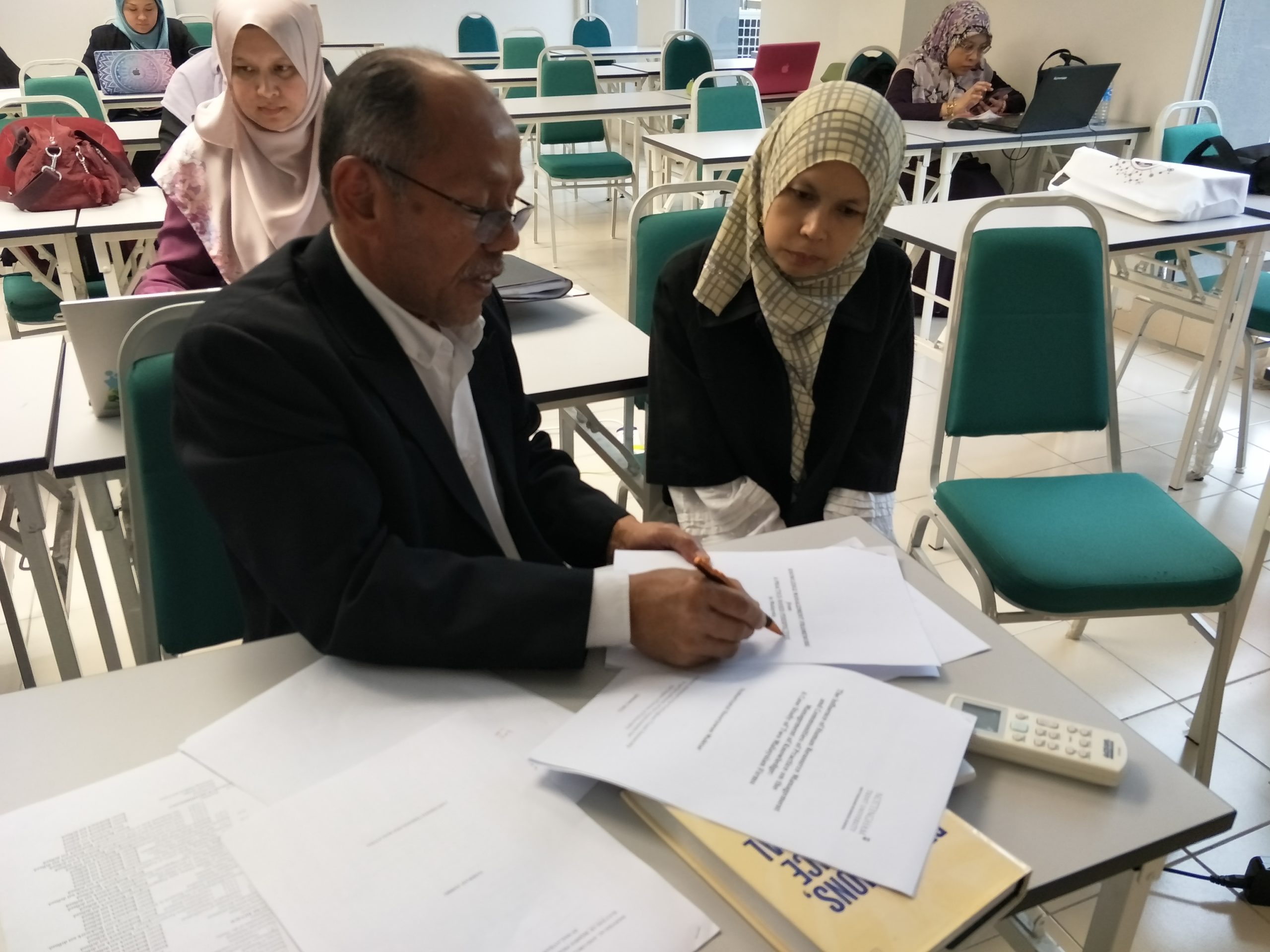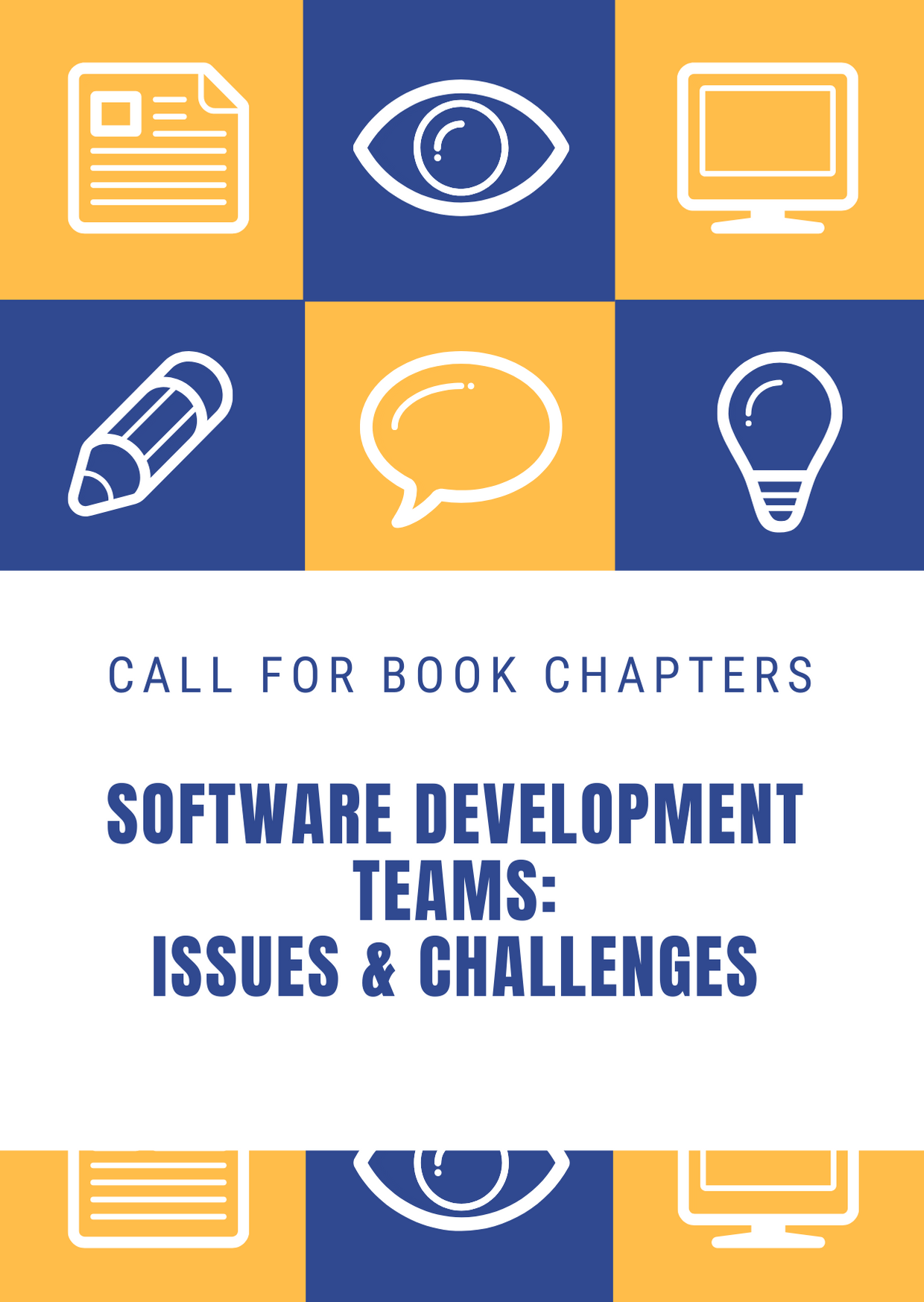
Editors
Assoc. Prof. Dr. Noorminshah A.Iahad
Azman Hashim International Business School,
Universiti Teknologi Malaysia
Assoc. Prof. Dr. Masitah Ghazali
School of Computing,
Universiti Teknologi Malaysia
Call for Chapters
Abstract Submission Deadline: 5 March 2020
Full Chapters Due:15 June 2020
Introduction
Researchers continue to look for ways to improve the likelihood of project success, as software development projects have the tendency to be continuously over budget and behind schedule. Software development does not just involves a complex and dynamic processes, but has multiple viewpoints from various stakeholders. In addition, roles and responsibilities of people involved in software development should be well defined and understood. Previous research has shown that team skill, managerial involvement, and little variance in team experience enable more effective team processes than do software development tools and methods. With the increasing growth of needs in using software in all aspects of life and fields, this book intends to explore issues and challenges faced by software development teams.
Objective
The main objectives of this book are:
1. To identify research issues and challenges of software development teams
2. To propose solutions for improving software development teams productivity
3. To explore methods for effective management of software development teams
Target Audience
The target audience of this book will be composed of professionals, practitioners and researchers working in the field of software development. It will also provide insights to software development project leaders as a guide in identifying issues and challenges faced by software development teams to ensure improved management of projects. This book can also serve as one of recommended reference book for students studying Software Engineering, Systems Analysis and Design, User-centered Software Development.
Recommended Topics
1) Software Development Team Success Factors
2) Challenges of Agile Software Development
3) Issues in Managing Software Development Team
4) Tools and Technologies Supporting Software Development Team
5) Software Development Team Dynamics
6) Design Processes and Activities in Software Development
7) Managing Software Development Projects
8) Role of Stakeholders in Wholeness of User Requirements
9) UI/UX Issues in Software Development Projects
10) Roles and responsibilities in a software development team
11) Other topics relevant to the objectives of the proposed book
Submission Procedure
Researchers and practitioners are invited to submit on or before 5 March 2020, an Abstract of 300-500 words clearly explaining the mission and concerns of his or her proposed chapter. Abstract should be emailed to both email addresses : minshah@utm.my and masitah @utm.my.
Authors will be notified by 15 March 2020 the status of their proposals and sent chapter guidelines. Full chapters are expected to be submitted by 15 June 2020, and all interested authors must consult the guidelines for manuscript submissions at https://penerbit.utm.my/2019/02/11/edited-book/ prior to submission.
All submitted chapters will be reviewed on a double-blind review basis. Contributors may also be requested to serve as reviewers for this project. Note: There are no submission or acceptance fees for manuscripts submitted to this book publication. All manuscripts are accepted based on a double-blind peer review editorial process.
Publisher
This book is scheduled to be published by UTM Press. This publication is anticipated to be released in 2020.
Important Dates
-5 March 2020: Abstract Submission Deadline
-15 March 2020: Notification of Acceptance
-1 May 2020: Full Chapter Submission
-1 June 2020: Review Results Returned
-15 June 2020: Revised Chapters Due Back From Authors and Final Chapter Submission
Inquiries
Assoc. Prof. Dr Noorminshah A.Iahad
minshah@utm.my
Assoc. Prof. Dr Masitah Ghazali
masitah@utm.my
